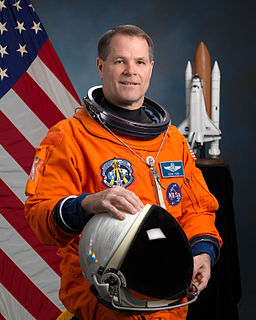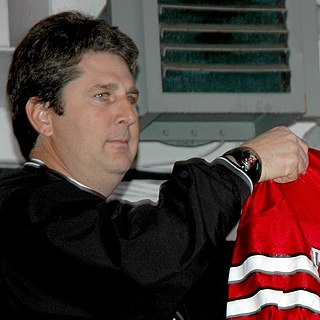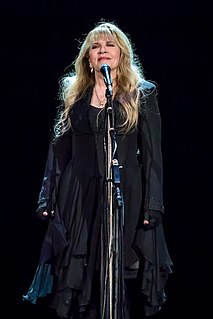A Quote by Kevin Young
I think poems return us to that place of mud and dirt and earth, sun and rain.
Related Quotes
The way I see it, the difference between farmers and suburbanites is the difference in the way we feel about dirt. To them, the earth is something to be respected and preserved, but dirt gets no respect. A farmer likes dirt. Suburbanites like to get rid of it. Dirt is the working layer of earth, and dealing with dirt is as much a part of farm life as dealing with manure. Neither is user-friendly but both are necessary.
In the beginning, God created the earth, and he looked upon it in his cosmic loneliness. And God said, "Let Us make living creatures out of mud, so the mud can see what We have done." And God created every living creature that now moveth, and one was man. Mud as man alone could speak. God leaned close to mud as man sat, looked around, and spoke. "What is the purpose of all this?" he asked politely. "Everything must have a purpose?" asked God. "Certainly," said man. "Then I leave it to you to think of one for all this," said God. And He went away.
Dirt's a funny thing,' the Boss said. 'Come to think of it, there ain't a thing but dirt on this green God's globe except what's under water, and that's dirt too. It's dirt makes the grass grow. A diamond ain't a thing in the world but a piece of dirt that got awful hot. And God-a-Mighty picked up a handful of dirt and blew on it and made you and me and George Washington and mankind blessed in faculty and apprehension. It all depends on what you do with the dirt. That right?
If we can abstract pathogenicity and hygiene from our notion of dirt, we are left with the old definition of dirt as matter out of place. This is a very suggestive approach. It implies two conditions: a set of ordered relations and a contrevention of that order. Dirt then, is never a unique, isolated event. Where there is dirt there is a system. Dirt is the by-product of a systematic ordering and classification of matter, in so far as ordering involves rejecting inappropriate elements.
































